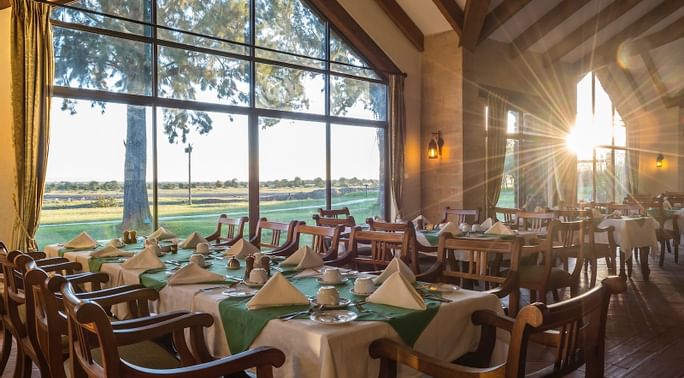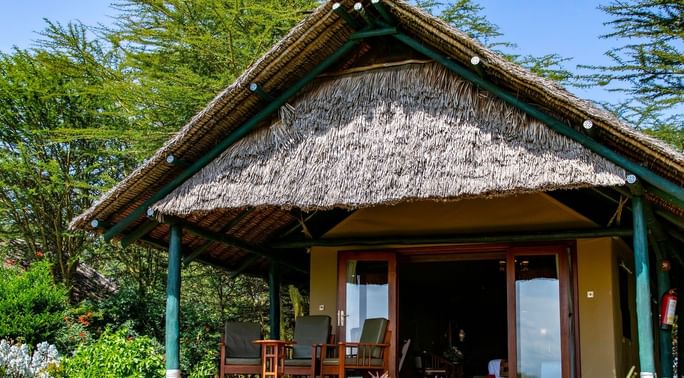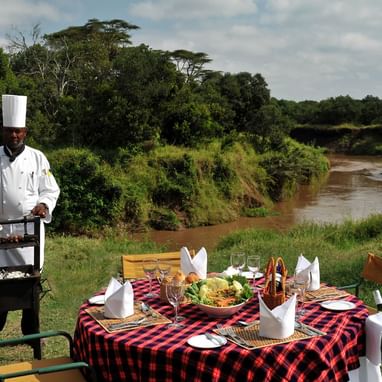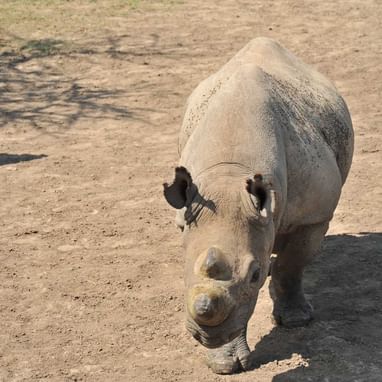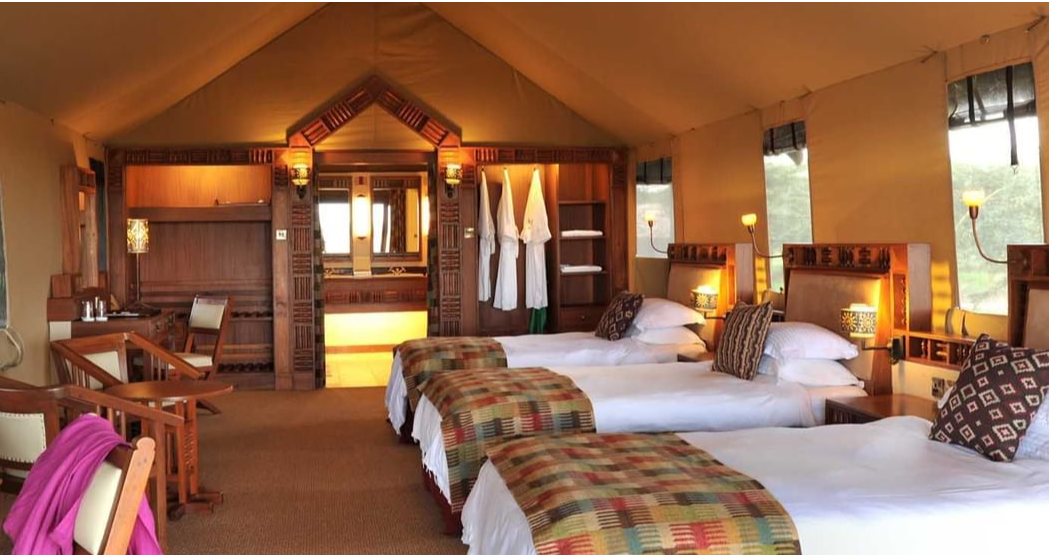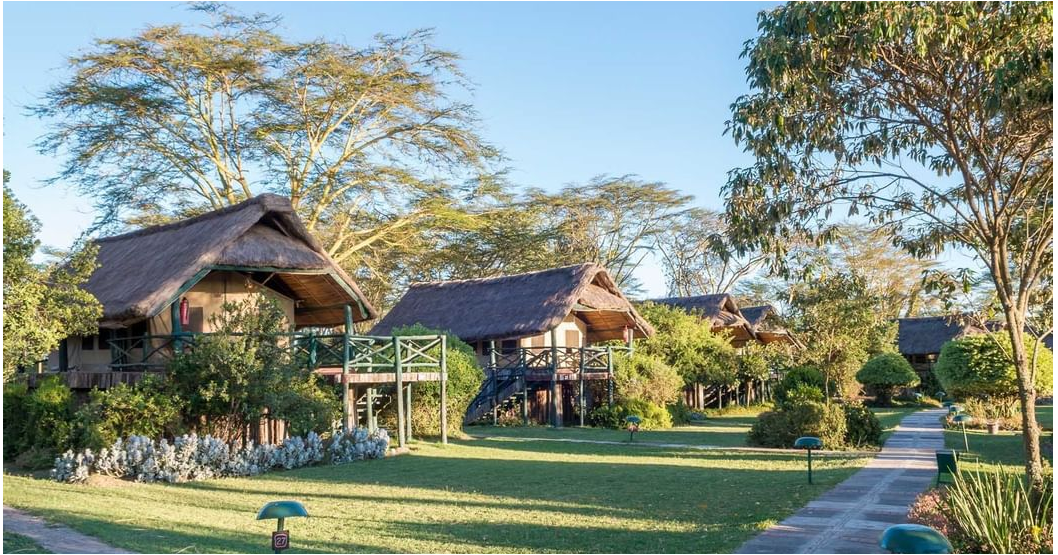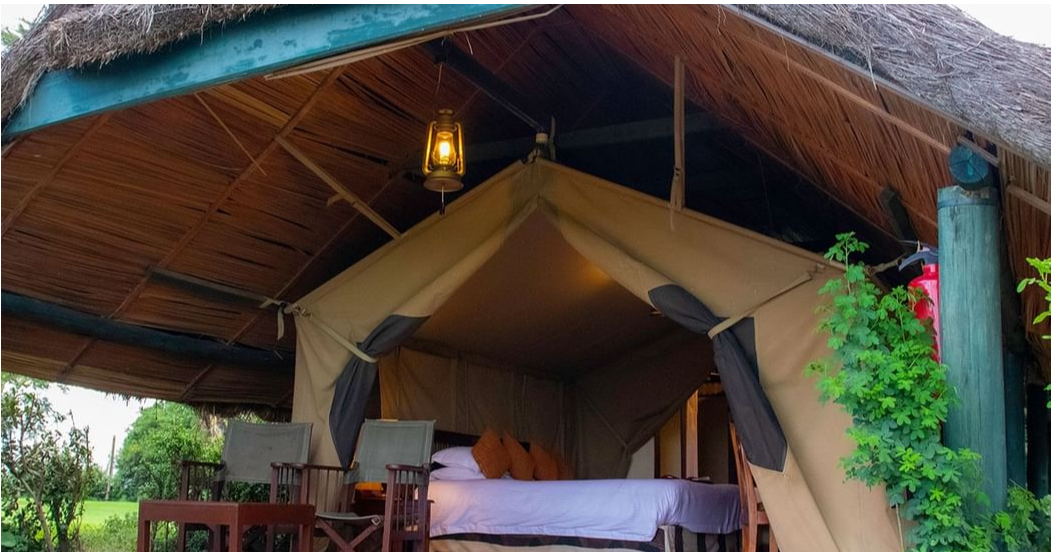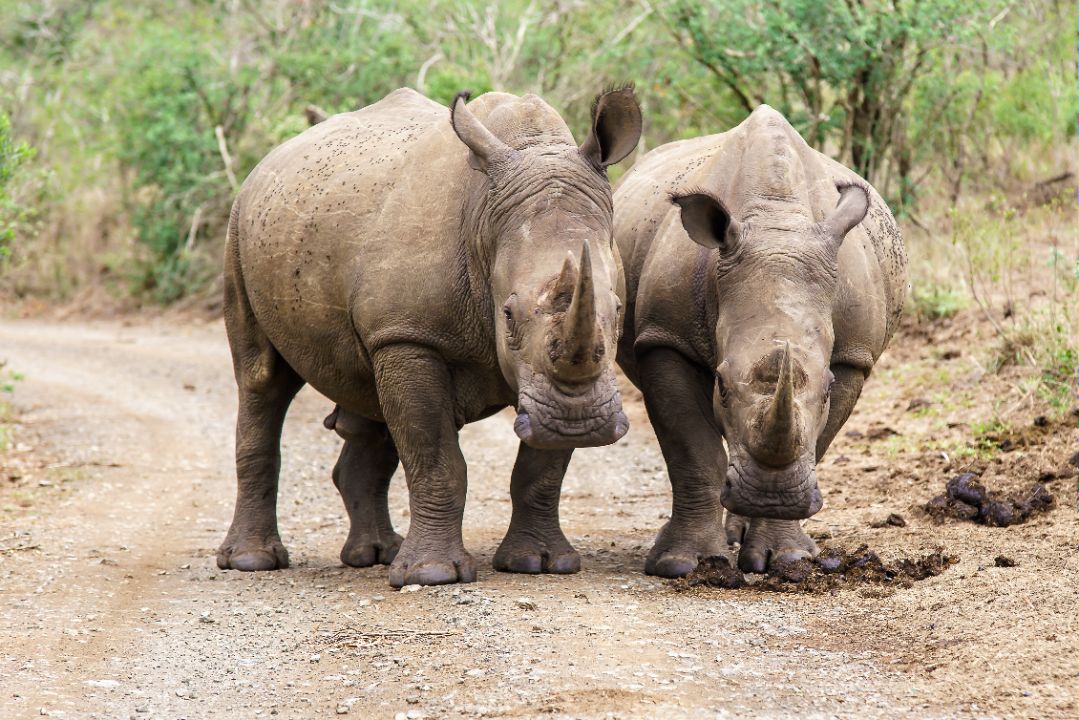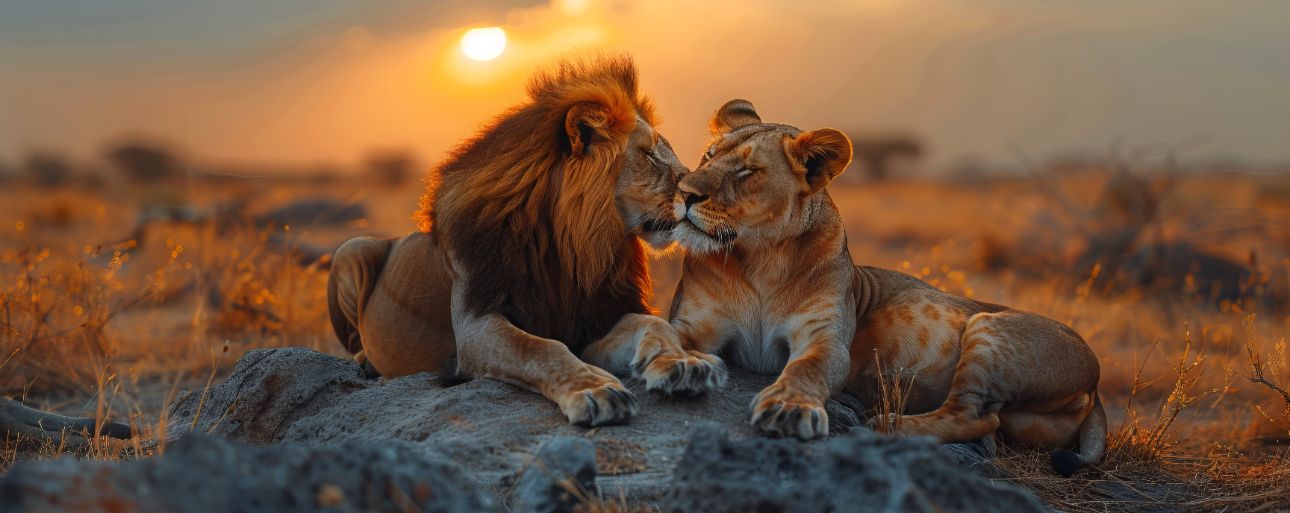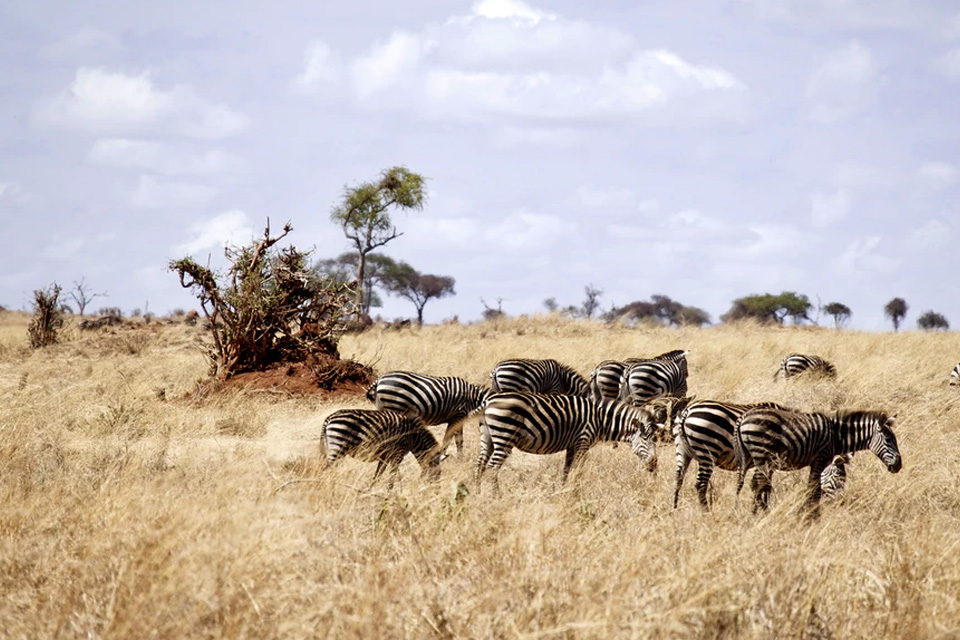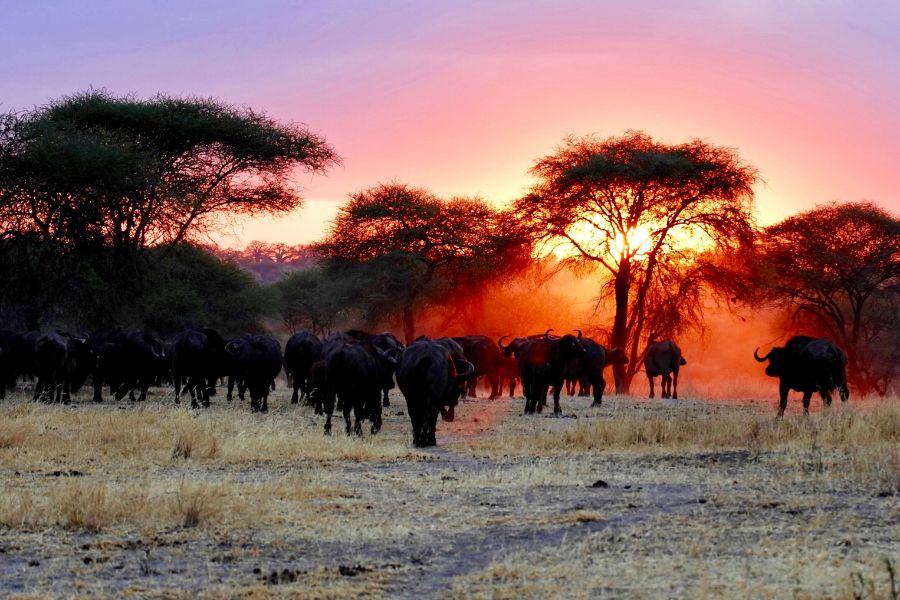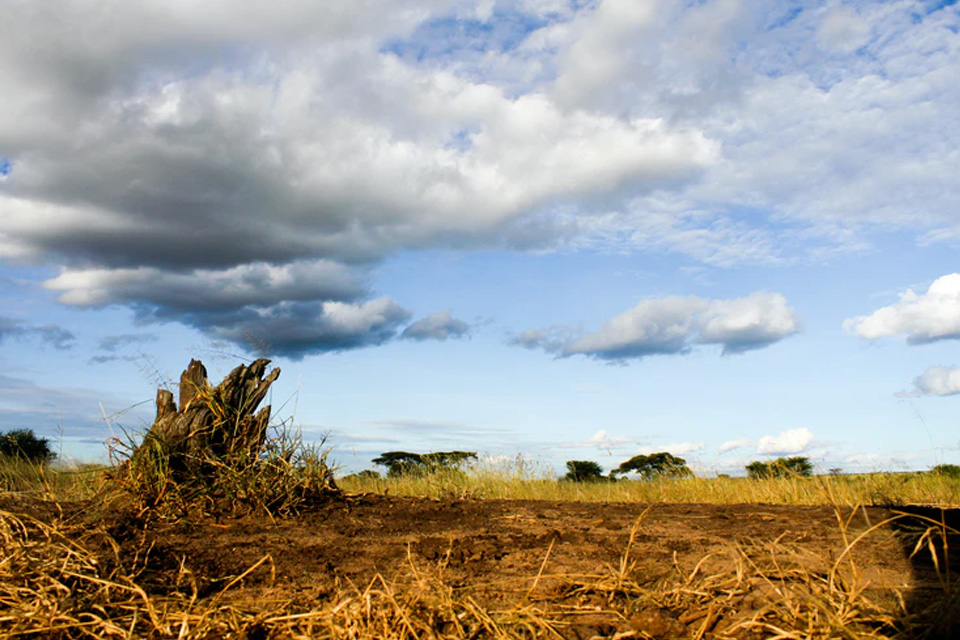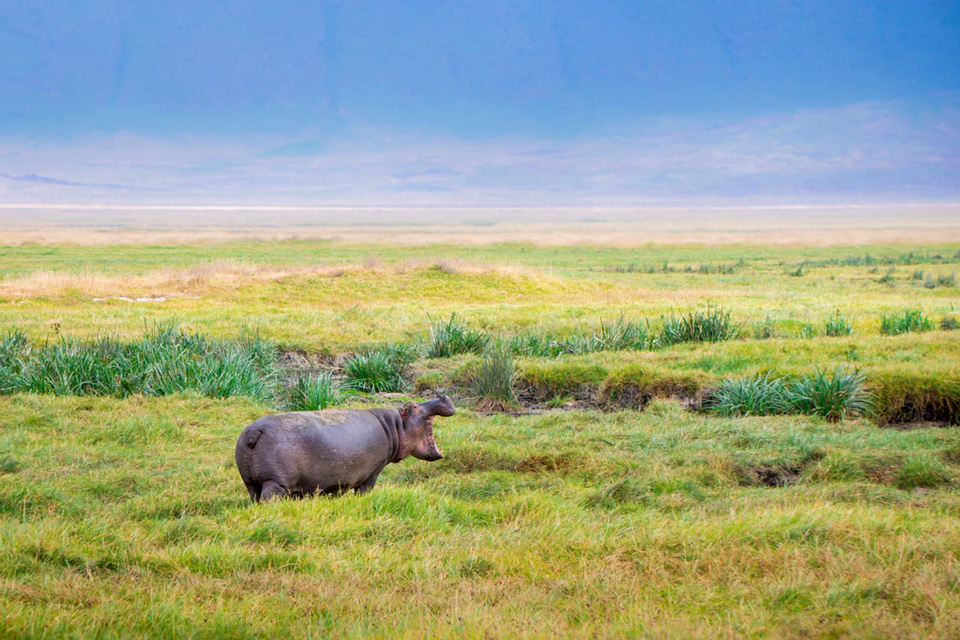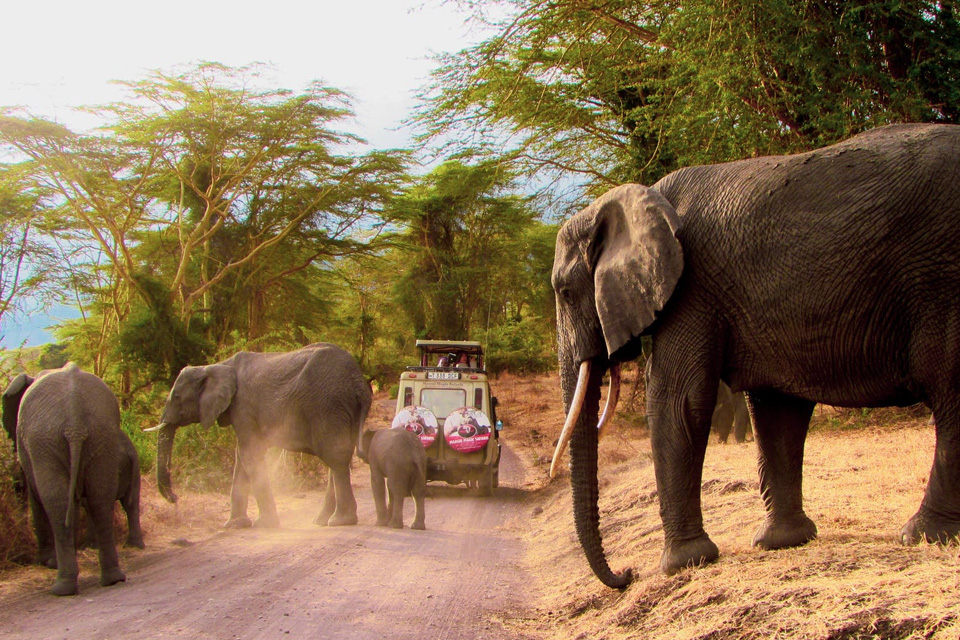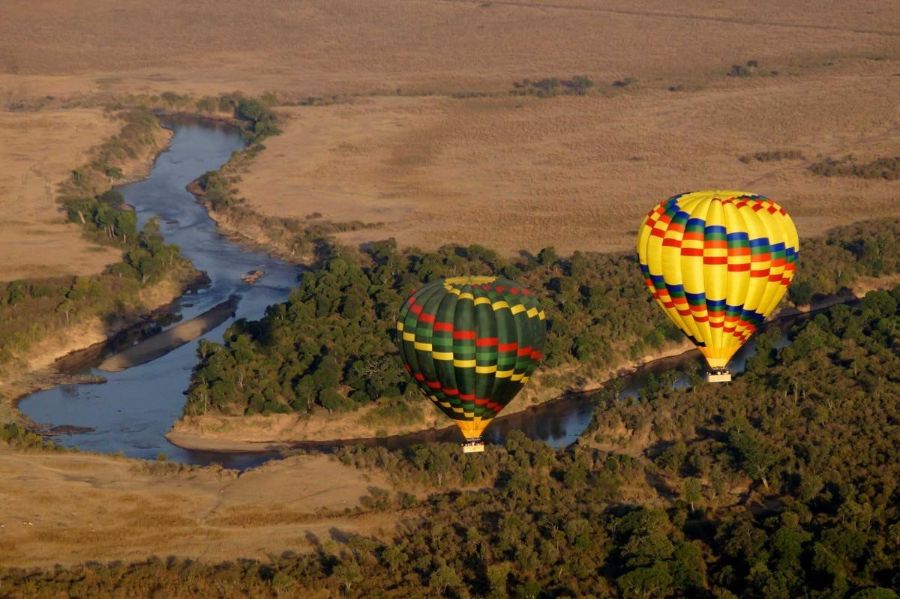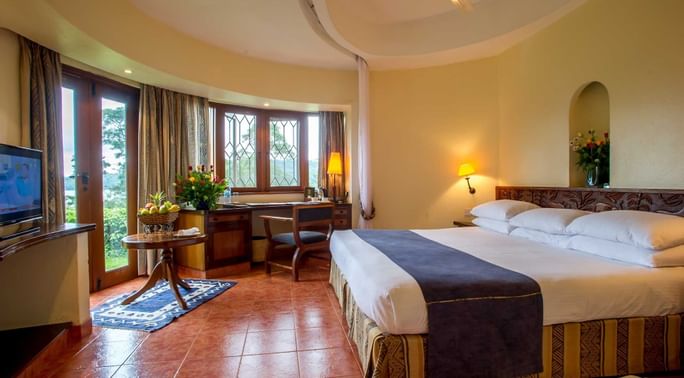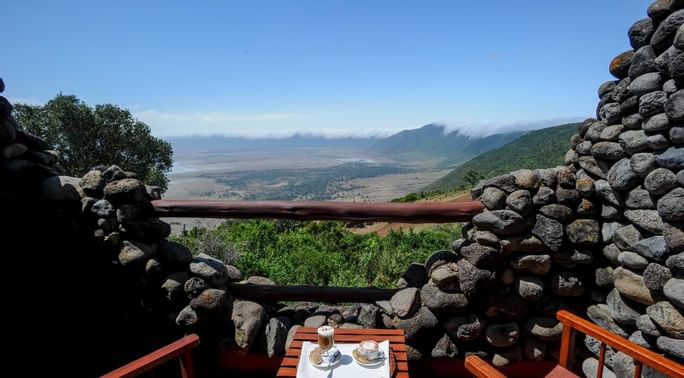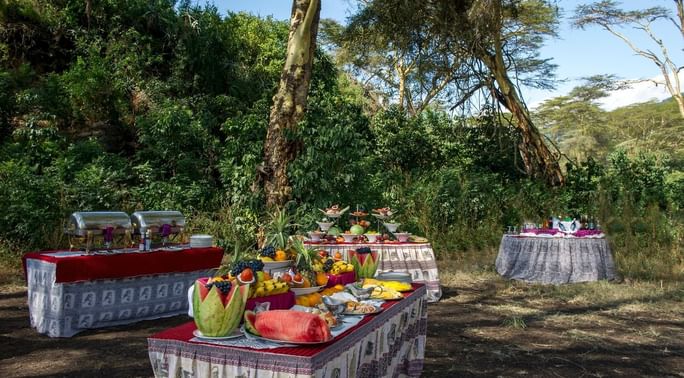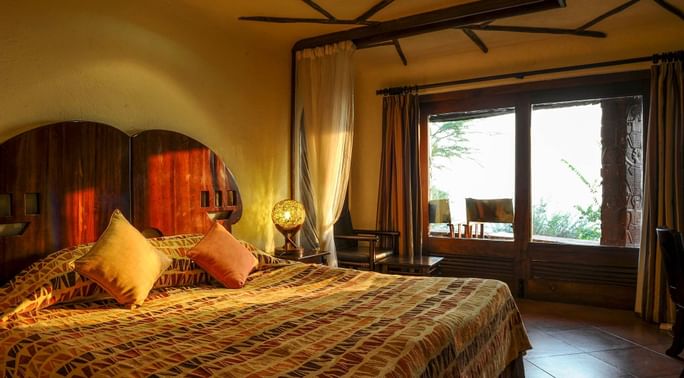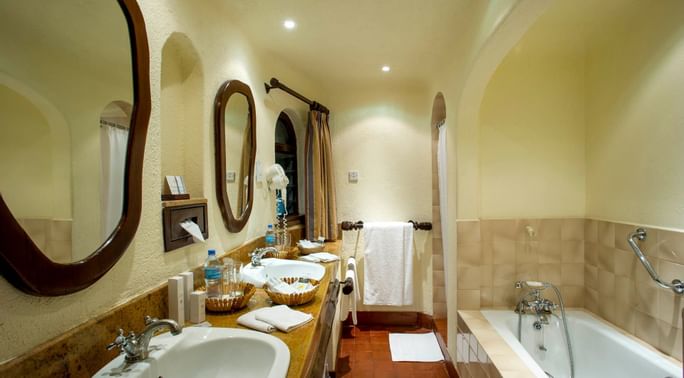African Parks, in partnership with the Rwanda Development Board, has released seven translocated lions into Akagera National Park. The five females, from &Beyond Phinda Private Game Reserve, and two males, from Tembe Elephant Park, both in the South African province of KwaZulu Natal, were brought to Rwanda at the end of June in a ground breaking conservation effort for the country.
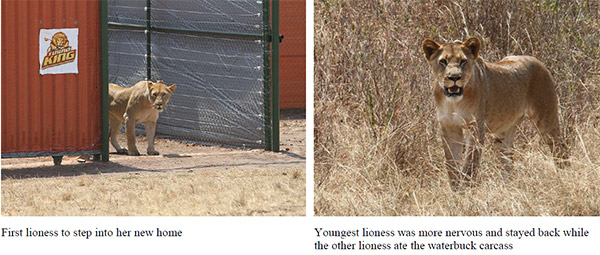
Earlier today, the gates of the quarantine boma were opened to allow the lions to exit their temporary enclosure. A waterbuck carcass was placed outside the gates to encourage them to step out into their new home. The first female poked her nose out of the gates within a few minutes, closely followed by three other females, who looked around curiously for a while, unconvinced about their new found freedom, before the lure of the carcass proved too much. The youngest lioness was last of the females to emerge and nervously kept her distance in nearby bushes. The two males were much more cautious and did not emerge from the boma while the park and press vehicles were there. These are the first lions to roam Akagera National Park, and Rwanda, for almost 15 years.
Tourists now have the opportunity to see the lions in the wilderness of Akagera, as previously viewing was restricted to park personnel who had been monitoring the lions in the boma. The time in quarantine has allowed the lions to adjust to their new surroundings, bond with each other, and recover from what was likely the longest wild lion translocation in conservation history, taking over 45 hours. The lions have come from different prides; among the females are a 10 year old mother and her one year old daughter, a single five year old female and two three-year old sisters. The males are three and four years old and are unrelated. The lions have been fed every two-to-three days, mainly on impala carcasses, and will now hunt for their own food.
All seven animals are fitted with satellite collars, which will allow the park management to track their movements following their release, and see whether they stay together as a pride or split up as they explore their new surroundings. The seven lions will be given names, for ease of reference for the park management. The Bralirwa brand, Turbo King, generously supported the translocation which earned them the privilege of naming the two males. Other key donors and stakeholders have been given the honor of naming the female lions, to be announced in the coming days. African Parks and the Rwanda Development Board are very grateful to our sponsors for their kind contribution to this conservation milestone for Rwanda.
About Akagera: Located in the east of Rwanda on the border with Tanzania, Akagera is 112,000 hectares in size. A river of the same name on its eastern boundary feeds into a labyrinth of lakes that make up the eastern boundary of the park. Rolling grassland and wooded hills make up the western boundary. The park is home to a huge diversity of animal and birdlife, and boasts spectacular scenery. Akagera is managed through a public private partnership between the Rwanda Development Board and African Parks, a non-profit organisation that takes on responsibility for the rehabilitation and long-term management of national parks and protected areas in partnership with governments and local communities. African Parks manages ten national parks and protected areas in seven countries: Rwanda, the Republic of Congo, the Democratic Republic of Congo, the Central African Republic, Chad, Malawi and Zambia.
Visit www.akagera.org to learn more.

